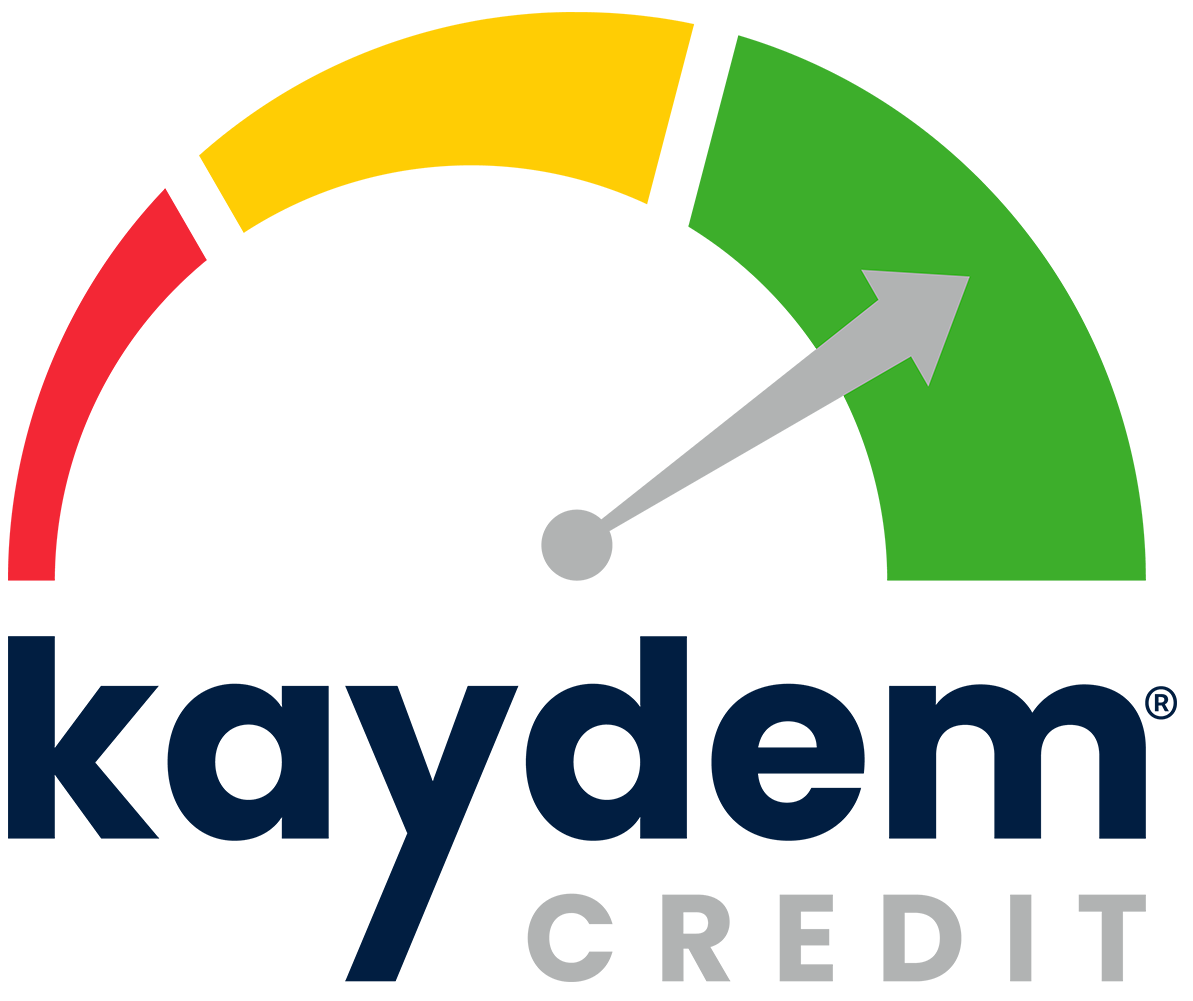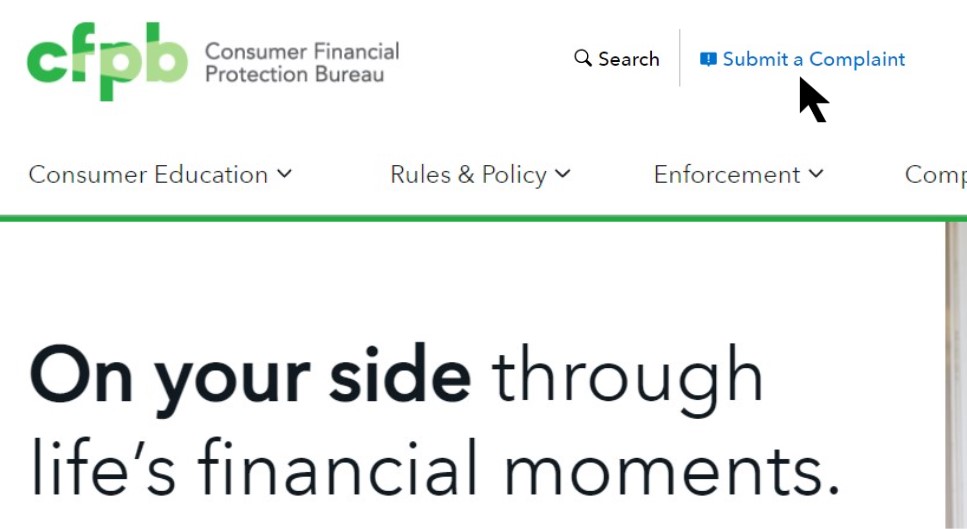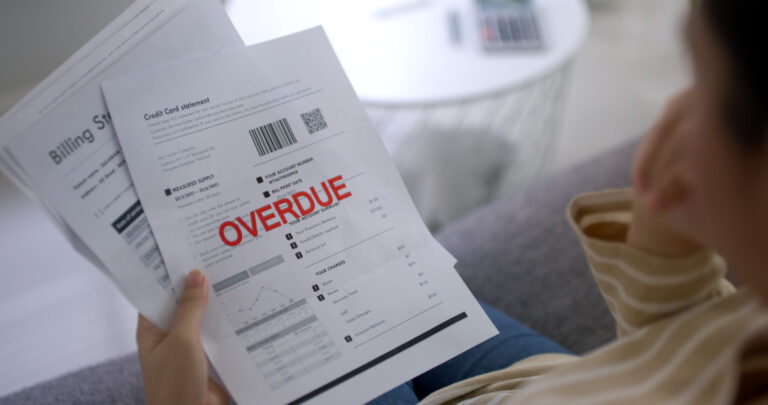When dealing with an issue with a bank, lender, or another financial service provider in the United States, you may consider filing a complaint with the Consumer Financial Protection Bureau (CFPB). The CFPB is a government agency that helps protect consumers from abuses in the financial services industry. This article will explain how a CFPB complaint works, what you need to know before filing one, and other tips on how to fix your credit.
What Situations Are Covered by the CFPB?
The CFPB covers complaints related to financial services. Some examples of situations covered include issues with credit reporting services, debt collection, credit cards, banks, mortgages, auto loans, student loans, money transfers, and prepaid cards. If you believe your rights as a consumer were violated or that any of these entities or providers wronged you, then you should file a complaint with the CFPB.
How You Can Check for Other CFPB Complaints About A Company
Before filing a complaint with the CFPB, it’s a good idea to check if anyone else has filed a similar complaint. The CFPB provides an online search tool, which they update daily, that allows you to look up complaints by company name or type of issue. This can help you determine whether your problem is unique or if other consumers have had similar experiences. However, you may not always be provided with detailed resolutions to previous issues since some may say they have been closed with an explanation or monetary relief. You should also be aware that the system only lists the complaints when companies have had an opportunity to respond to them, so they will either appear once the relationship with the complainant has been confirmed or they have had the complaint for more than 15 days.
When Should You File a CFPB Complaint?
You should file a complaint when you feel like your rights as a consumer have been violated and when no other resolution has worked. For example, if your bank refuses to respond to your dispute or is unwilling to help resolve the issue, then it might be time to contact the CFPB. You should also file a complaint if you believe any fraud or abuse was involved regarding your financial service provider.
When Shouldn’t You File A CFPB Complaint?
You shouldn’t file a complaint simply because you are unhappy with the outcome of something or because someone made an honest mistake. You should not file a complaint for issues with car rentals, deceptive mortgage practices, deceptive car ads, car warranties, the U.S. Postal Service, or the U.S Government.
It’s important to remember that filing complaints can be time-consuming and may lead to further disputes that could take months to resolve. Therefore it’s best only to use this avenue when necessary and when all other options have been exhausted.
How To File A Complaint With The CFPB
Filing an official complaint is easy and can be done online via the official website of the Consumer Financial Protection Bureau (CFPB). On their website, click “Submit a Complaint,” located in the top right of the home page. You will then be prompted to create an account before they ask for the details about what company or individual you are complaining about and why.
After submitting your completed form, it will be sent off for review by one of their customer service agents, who will contact you regarding the next steps in resolving your dispute.
What Happens After A Complaint Gets Filed?
Once your complaint gets filed, an investigator will look into it and contact both parties involved to determine whether there was any wrongdoing on behalf of either party involved to resolve the issue fairly and legally. The CFPB reports that 98% of complaints they receive and send to companies receive a timely response. Still, depending on your case’s complexity, this process could take anywhere from several weeks to up to several months before coming to a resolution.
Filing an official complaint with the CFPB can be a great way to protect your rights as a consumer and seek justice for any wrongdoings you may have experienced. We hope this article has helped you understand the process of filing a CFPB complaint and encouraged you to take action if needed. We wish you the best of luck with your complaint and hope it will be resolved promptly. For more tips on how to fix your credit be sure to read through other posts on our credit repair help blog.







